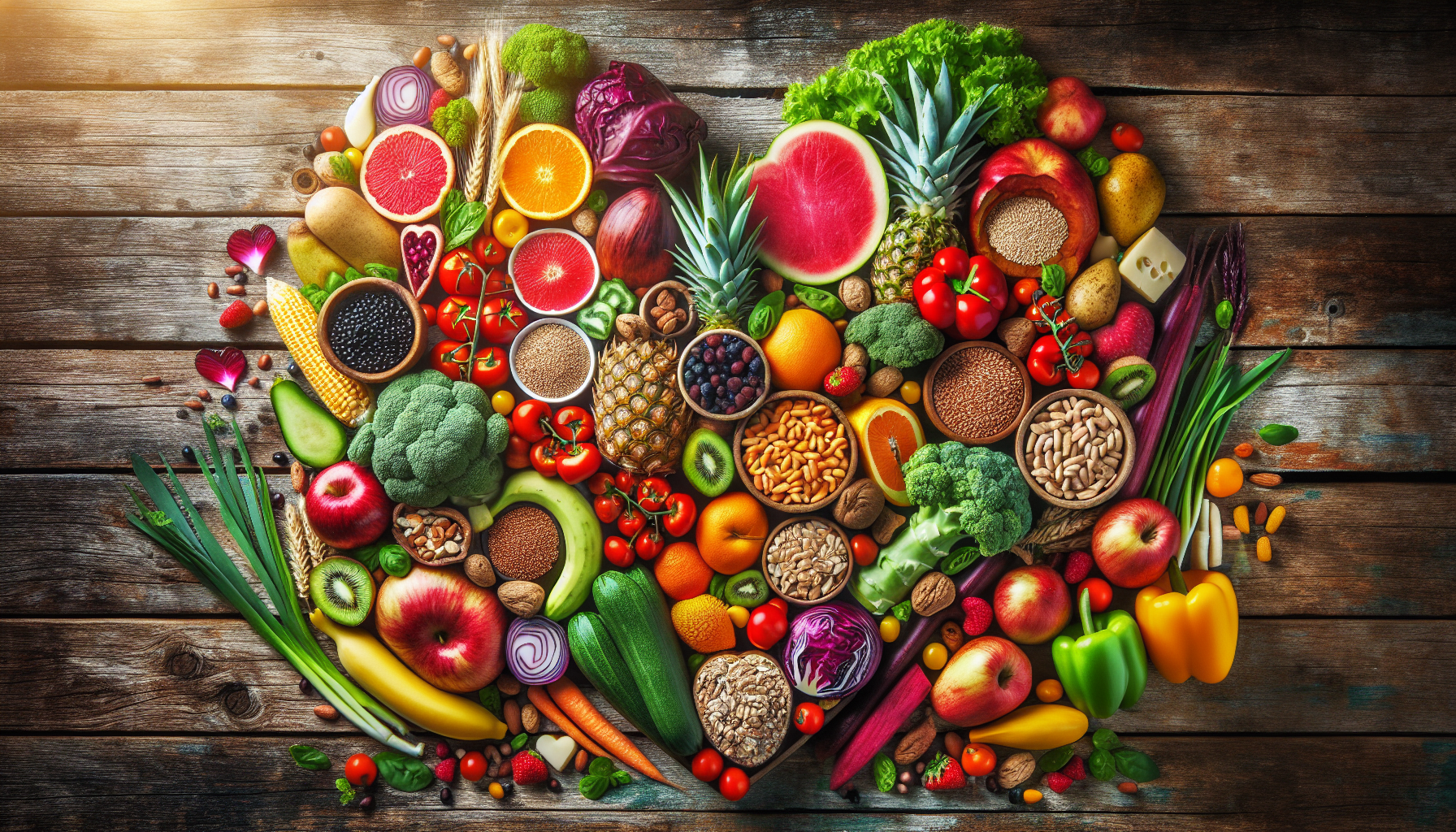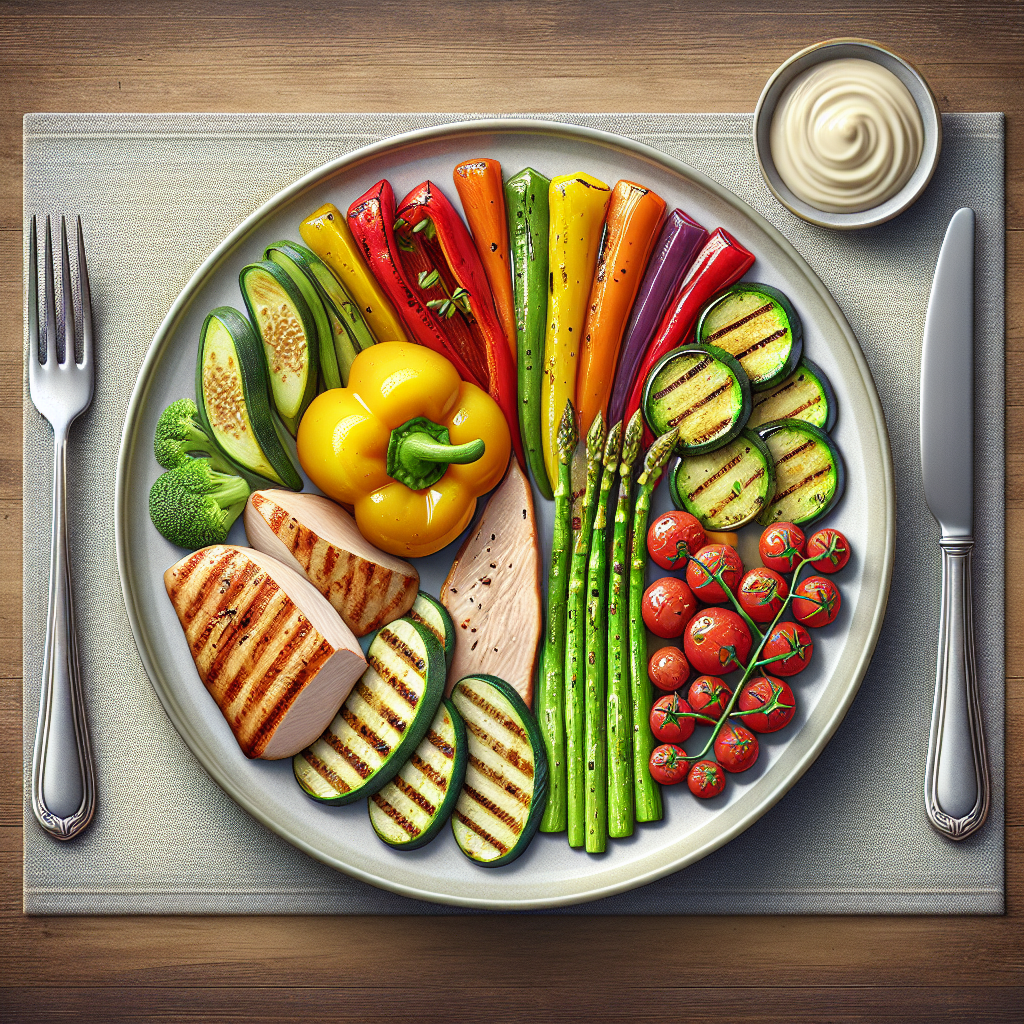Maintaining a healthy heart is not just about exercise and avoiding stress; it’s also about what we put on our plates. With cardiovascular diseases being a leading cause of death globally, adopting a diet that supports heart health is more crucial than ever. This comprehensive guide will explore heart-healthy recipes that not only tantalize your taste buds but also contribute to a robust cardiovascular system.
The Foundation of a Heart-Healthy Diet
Before diving into the recipes, let’s understand the core principles of a heart-healthy diet. It should be rich in fruits, vegetables, whole grains, lean protein, and healthy fats while low in saturated fats, trans fats, cholesterol, salt (sodium), and added sugars.
The Role of Nutrients in Cardiovascular Health
- Fiber: Found in whole grains, fruits, and vegetables, fiber helps lower cholesterol and manage blood sugar levels.
- Healthy fats: Unsaturated fats, found in nuts, seeds, avocados, and olive oil, can help reduce bad cholesterol levels and inflammation.
- Lean protein: Sources like fish, poultry, beans, and legumes provide essential amino acids with less saturated fat.
- Antioxidants: These combat oxidative stress and are abundant in colorful fruits and vegetables.
For more insights on managing cardiovascular health through diet, visit Cardiovascular Health.
Heart-Healthy Recipe Ideas
Here are some recipe ideas that are both delicious and beneficial for your heart.
Breakfast: Oatmeal with Berries and Nuts
Start your day with a bowl of oatmeal topped with a variety of berries and a handful of nuts. Oats are a great source of soluble fiber, which can lower cholesterol, while berries provide antioxidants, and nuts offer healthy fats.
Lunch: Grilled Salmon Salad
A salad topped with grilled salmon provides a hearty dose of omega-3 fatty acids, known for their role in reducing inflammation and supporting heart health. Add a variety of greens, cherry tomatoes, cucumbers, and a vinaigrette made with olive oil for a nutritious midday meal.
Dinner: Quinoa Stuffed Bell Peppers
Quinoa is a complete protein and an excellent source of fiber. Stuff bell peppers with a mix of quinoa, black beans, corn, and spices, then bake until tender. This meal is packed with nutrients and flavors that support a healthy heart.
For those managing diabetes, incorporating these recipes can be beneficial. Learn more about the connection between Heart Health and Diabetes.
Snacks and Side Dishes
Snack: Apple Slices with Almond Butter
Apples are rich in fiber and pair perfectly with almond butter for a dose of healthy fats and protein.
Side: Steamed Broccoli with Lemon Zest
Broccoli is high in vitamins K and C, fiber, and potassium, which are vital for heart health. Add a sprinkle of lemon zest for a refreshing twist.
Discover more about the vital role of diet in Understanding the Role of Cholesterol in Cardiovascular Health.
External Resources for Additional Support
- Harvard Health: Provides an in-depth look at the benefits of sweet potatoes in a heart-healthy diet.
- Mayo Clinic: Offers a collection of recipes designed for heart health.
- American Heart Association: Discusses how to eat smart for a healthy heart.
- Cleveland Clinic: Shares detailed guidance on what constitutes a heart-healthy diet.
Tips for Adapting Your Cooking
- Use Herbs and Spices: Instead of salt, use a variety of herbs and spices to add flavor to your dishes.
- Choose Whole Grains: Opt for whole grain bread, pasta, and rice to increase your fiber intake.
- Cook with Healthy Oils: Use oils like olive or canola for cooking instead of butter or lard.
Desserts and Treats
Even when focusing on heart health, there’s room for dessert—in moderation.
Dessert: Fruit Salad with a Drizzle of Honey
A colorful fruit salad with a touch of honey satisfies your sweet tooth without overloading on sugar.
Treat: Dark Chocolate-Dipped Strawberries
Dark chocolate is rich in antioxidants, and strawberries provide vitamin C and fiber, making this a delightful heart-healthy treat.
Conclusion
Eating for a healthy heart doesn’t mean sacrificing flavor or enjoyment. By incorporating a variety of nutrient-dense foods and cooking with heart health in mind, you can enjoy delicious meals that also benefit your cardiovascular system.
For those recovering from cardiac events, incorporating heart-healthy recipes is an essential part of Cardiac Rehabilitation and Recovery Post-Heart Attack.
Remember, while diet plays a significant role, it’s only one aspect of a heart-healthy lifestyle. Regular exercise, stress management, and adequate sleep are also vital components. Embrace these recipes and tips to nourish your heart and enhance your overall well-being.



